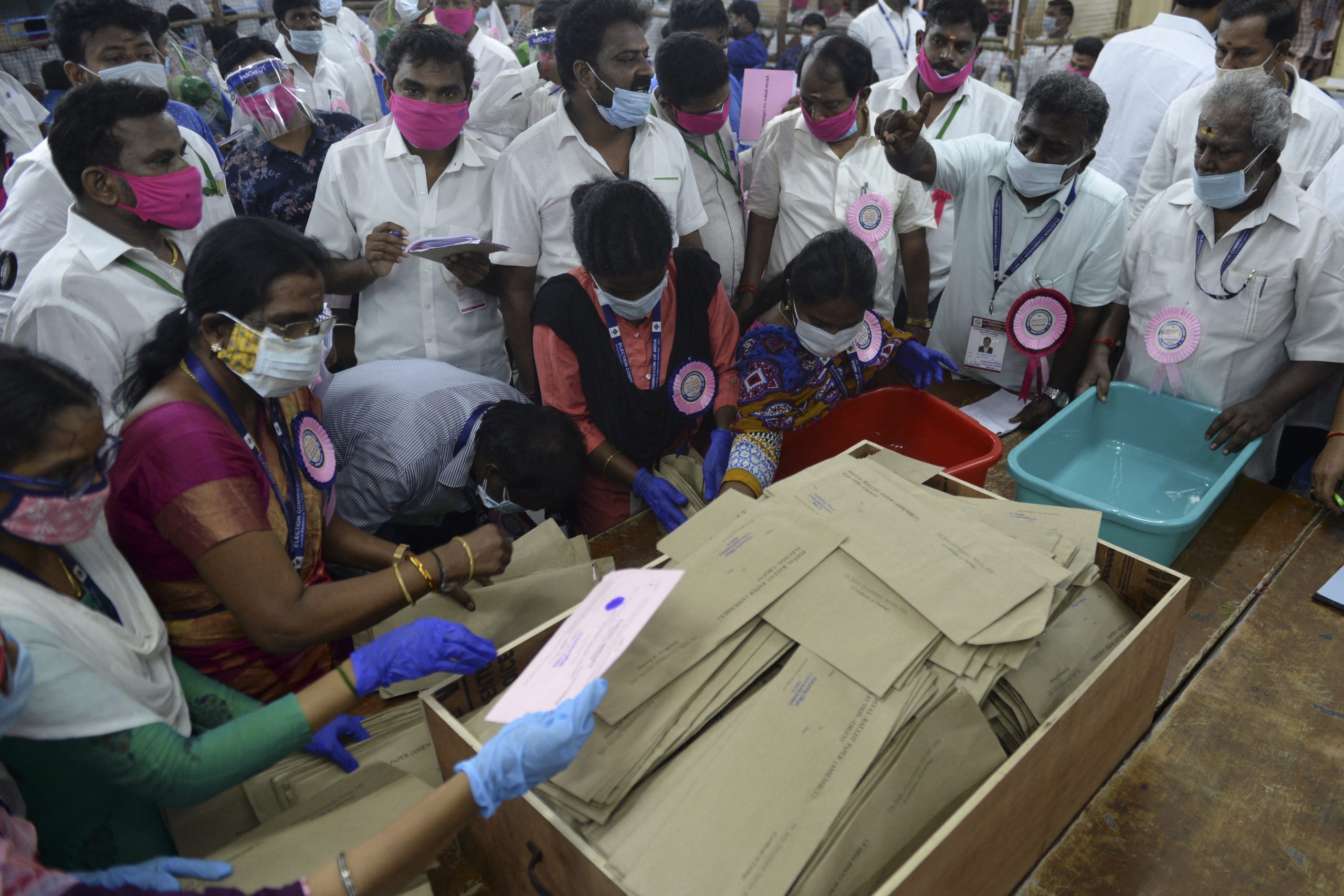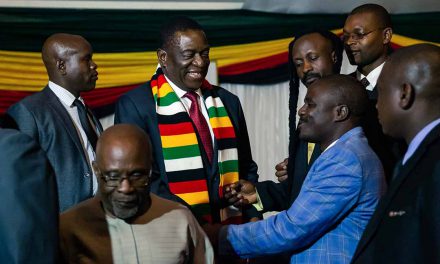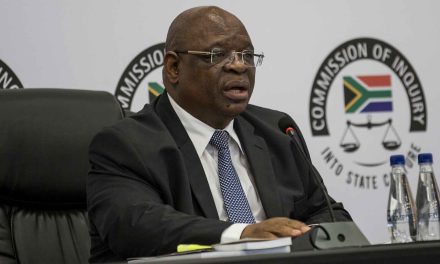Why effective governance is important beyond the 2021 municipal elections
As South Africa prepares for the upcoming Local Government Elections on the 27th of October 2021, the contested nature of local government will be highlighted. The next few months will provide the electorate with an opportunity to assess governance effectiveness at the most local level, where it matters most.
Governance is essentially about the authoritative allocation of resources – who gets what, when and how. This definition helps us to understand and evaluate the contours of how public goods are provided. As renowned governance scholar, Daniel Kaufmann, and his co-authors, note, government effectiveness entails “perceptions of the quality of public services, the quality of the civil service and the degree of its independence from political pressures, the quality of policy formulation and implementation, and the credibility of the government’s commitment to such policies”.
Good governance facilitates the delivery of essential services for citizens and is vital for socio-economic welfare and development. In South Africa, the importance of efficient governance is underscored by the proximity of local government to the people: the epicentre of service delivery. It is where the state engages with citizens primarily and frequently through the provision of services, as legislated by the Constitution and the Municipal Systems Act. Accordingly, citizens should judge local governments on the basis of their ability to deliver central functions such as the provision of water, electricity, and sanitation, as these are tangible indicators of service delivery satisfaction.

Alexandra township residents gesture and chant slogans as they clash with the Johannesburg Metro Police on April 3, 2019 in Johannesburg, South Africa during a total shutdown of the township due to protest against the lack of service delivery or basic necessities such as access to water and electricity, housing difficulties and lack of public road maintenance. Photo: Stringer/AFP
Local governance discussions usually focus on public administration, factoring in transparency, accountability, and efficiency. The evidence of this mismanagement is manifest in poor audit outcomes and the exposure of irregular and wasteful expenditure in those audits. There are invariably no material consequences for this malfeasance. The root cause of maladministration is corruption, enabled by the lack of credible accountability structures and individual agency characterised by impunity. These issues highlight the challenges faced by many municipalities.
Beyond these dynamics, the dysfunction in many of the country’s municipalities is caused by political instability and contestations that result in the politicisation of bureaucratic processes. There are three clear elements at play:
First, political infighting at the national level affects local government performance. This intra-party tug of war is evident in the ongoing struggles within the ruling African National Congress (ANC). Opposition coalition-led municipalities have not been immune to such contestations either. For one, these dynamics are demonstrated through the issuing of directives and threats from national leaders of political parties to their councillors concerning issues related to alliances and voting in council. For example, in 2017, The Economic Freedom Fighters (EFF) fired six of its councillors in the Mogale City council as punishment for voting with the ANC in a budget vote meeting. Another case illustrating internal power struggles is the Democratic Alliances’ (DA) removal of former Tshwane Mayors Solly Msimanga and Stephens Mokalapa, and Johannesburg Mayor Herman Mashaba.
Second, inter-party contestation often results in drawn-out court cases, interdicts, and some municipalities being placed under administration. In coalition-run metro municipalities, the ambiguity and constantly shifting structures of coalitions leads to the frequent changing of mayors, speakers, members of mayoral committees and municipal managers. These dynamics are especially commonplace in ‘hung’ councils, as seen in the Nelson Mandela Metro with the respective removal of both the DA’s Athol Trollip and the United Democratic Movement (UDM)’s Mongameli Bobani as mayors. As a result of these machinations over ideology, access to power and positions and other fault-lines among coalition members, stability and ultimately good governance is hampered.
Third, the conflation of roles constitutes a barrier towards more sustainable governance. Some officials have senior political roles within their political parties, and concurrently occupy administrative positions in municipalities run by those parties. For instance, they may be a branch or regional leader within their respective party such as the ANC, and then also serve within an ANC-governed municipality as a financial officer or manager. This conflation leads to a situation where municipal officials’ decision-making is based on political alliances and ambition, or the inverse, where the security or insecurity of their tenure is the determining factor, rather than what is best for the municipality. The situation also results in a problem of appointing people who lack critical skills, with insufficient capacity to govern municipalities. In a parliamentary response to a question on the governance, institutional and financial weaknesses of municipalities on the 26th of February 2021, the acting Minister in the Presidency, Ms. Khumbudzo Ntshavheni, mentioned that 47% of senior municipal officials in the country do not meet the minimum competency levels for their jobs. In some instances, they lack the critical skills required to carry out the responsibilities they are tasked with, such as managing finances, amongst others.
These realities could, in part, explain why over 160 out of 278 municipalities are in financial distress, indebted to the tune of more than R132 billion. Consequently, there are significant backlogs in providing housing, electricity, water and sanitation, and other municipal services. These issues, as well as poor communication and lack of accountability have come to define citizen-state relations. Poignantly, 2021 marks exactly ten years since the death of Andries Tatane during a protest over the provision of water and sanitation in the Free State town of Ficksburg. To date, the root issues persist in that municipality and many others across the country. Presently, daily protests have centred around these issues and are increasingly viewed as the only way to effect change. These protests are typically accompanied by high levels of violence and destruction of property, which further undermines the progress that has been made in some municipalities across multiple indicators.
Beyond the local government elections, political actors and administrators must fulfil their responsibilities of good governance and effective service delivery to the electorate. For the problems of politicisation to be remedied, it is important to implement and maintain a strong politico-administrative dividing wall, and unequivocally prevent potential conflicts of interest. In an attempt to remedy the situation, a National Implementation Framework towards the Professionalisation of the Public Service was recently published, which provides practical guidelines to help create competent civil servants with the know-how to sharpen administration and governance.
In short, prioritising efficient local governance can improve service delivery and transform the areas where citizens live. This will go a long way towards tackling deep-seated inequalities and other immediate challenges that define the South African municipal landscape.
The article was first published by Business Day live here.
Stuart is a Researcher in the Governance Delivery and Impact programme at Good Governance Africa. He holds a Master of Arts degree in Security and Strategic Studies from the University of Pretoria. His dissertation explored the linkages between marginalisation and insecurity, looking at the securitisation of service delivery protests in South Africa. Before joining Good Governance Africa, He was a Junior Research Fellow with the Centre for Law and Society at the University of Cape Town. Before that, he worked as a research consultant at the Institute of Security Studies with the Justice and Violence Prevention Programme and as a Junior Lecturer for the Department of Political Sciences at the University of Pretoria.








